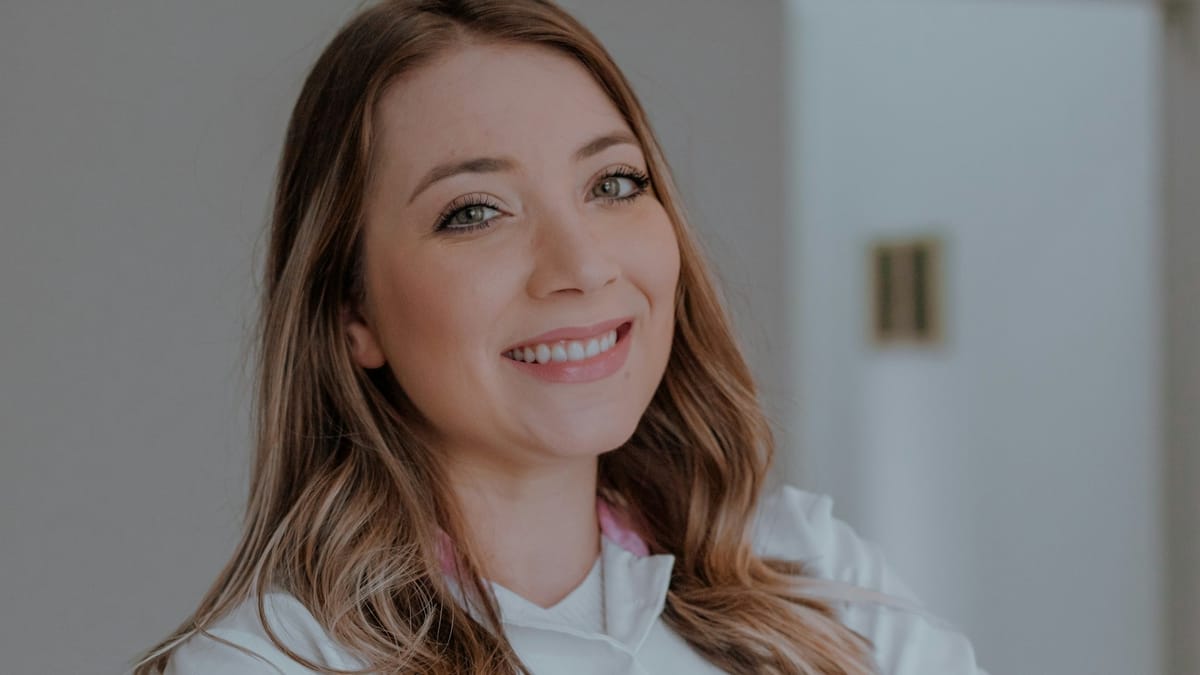Reevaluating Lifespan of Caregivers: A New Perspective
A new study from Johns Hopkins University suggests that caregivers may have a lower chance of mortality than non-caregivers, contradicting previous research on the negative effects of caregiving on health. Explore the limitations of the study and the potential benefits of being a caregiver.

A fresh debate has emerged regarding the impact of caregiving stress on the lifespan of caregivers. "Caregiver burden" has long been the focus of studies on family caregivers, emphasizing the stress and challenges they face when caring for a family member. Shockingly, statistics reveal that 50% of family caregivers tending to dementia patients pass away before the patients themselves.
A recent study conducted at the Johns Hopkins University Center on Aging and Wellness seeks to challenge the conventional wisdom by suggesting that there may not be a direct link between caregiving and increased mortality rates.
The study compared mortality rates in a group of over 3,000 caregivers with those of a non-caregiver group of the same size. The findings were startling: caregivers caring for elderly family members had an 18 percent lower chance of passing away compared to their non-caregiving counterparts.
This contradicts previous research that has consistently associated the physical and emotional strain of caregiving with higher risks of illness and mortality. David L. Roth, Ph.D., director of the Johns Hopkins University Center on Aging and Wellness and lead author of the study, commented, "Caring for a chronically ill family member is often associated with stress, and caregiving has previously been linked to increased mortality rates."
Numerous studies have supported the gloomier outlook on caregiver health, with research showing that highly stressed spousal caregivers have a 63 percent higher likelihood of death compared to non-caregivers of the same age. Furthermore, family caregivers tend to experience lower overall health and engage in fewer self-care practices.
However, anyone who has taken on the role of caring for an aging family member knows the multitude of daily challenges involved. Whether the caregiving stems from love or necessity, unique difficulties arise during each caregiver's journey.
Recognizing these challenges is essential for developing coping strategies and stress management skills. But could there be hidden benefits to caregiving that are often overlooked?
"Negative public health and media portrayals of the high risk of family caregiving may do an injustice by depicting caregiving as hazardous," Roth argues. "In many cases, caregivers report receiving benefits such as increased self-confidence, recognition, and gratitude from their care recipients."
Roth suggests that undeniable benefits may stem from being a family caregiver but only if highly demanding situations are effectively managed or avoided.
However, it's essential to acknowledge the limitations of the study. It doesn't account for the types of care provided or the level of impairment of the care recipients. It also doesn't address caregivers who are working or those who provide care unwillingly.
Caregivers were more likely to experience these benefits when voluntarily caring for an aging family member who could express gratitude for the care they received, according to Roth.
Unfortunately, many adult children find themselves caring for aging parents they perceive as ungrateful, demanding, or demeaning.
The time commitment also plays a significant role in a family caregiver's experience. Those who provide round-the-clock care are less likely to reap the positive health benefits compared to those who don't face continuous high levels of stress.
So, how can caregivers unlock the potential benefits of caring for an aging family member? It involves learning about mindfulness and incorporating stress management techniques into their daily routines. The research from various studies consistently suggests that caregivers who prioritize self-care experience health benefits rather than health issues.
Mindfulness Based Stress Reduction for Care Partners
Caregiver stress test #1
Caregiver Stress #2
Caregiver stress #3
Caregiver stress and feelings of guilt
Create a Person Centered Profile For Your Family Member
Our Resource section can help you find the information and tools that you need. We have courses, videos, checklists, guidebooks, cheat sheets, how-to guides and more.
You can get started by clicking on the link below. We know that taking care of a loved one is hard work, but with our help you can get the support that you need.
Click here to go to Resource Section now!
You might also like this article:









